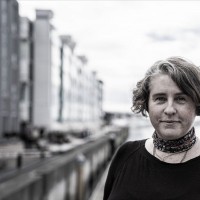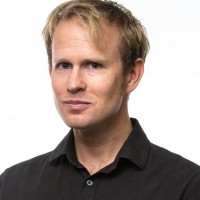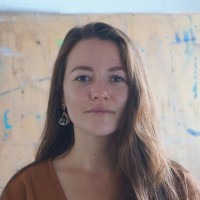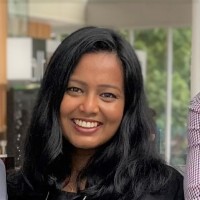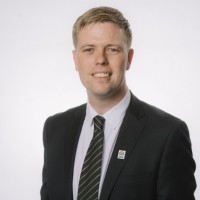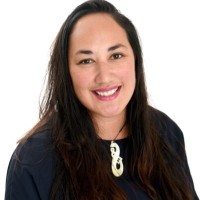Auckland’s city centre plays a critical role in the success of both Auckland and New Zealand. It is the main location for business, tourism, educational, cultural and civic activities and is home to 37,000 people. Like all city centres, ours performs multiple functions and evolves over time as people’s needs change. Since 2012, a visionary masterplan has shaped the evolution of Auckland’s city centre as it transforms and adapts to serve Aucklanders now and into the future.
In March 2020 a refreshed City Centre Masterplan (CCMP) was adopted by Auckland Council’s Planning Committee. Looking to the next 20 years, the CCMP sets the strategic direction for the city centre and waterfront with a vision of a more liveable, inclusive, green and people-friendly place - one that is uniquely Tāmaki Makaurau
Cities are most successful when they reflect the needs of everyone. Traditional approaches to urban planning have tended to favour people in positions of power. The CCMP has sought to change this.
It’s time to hear from those Aucklanders who will inherit the city we’re building. Do they see the vision for Auckland in the refreshed CCMP? How do young Aucklanders feel about the current rate of transformation? Is the vision addressing climate change, transport, connectedness, liveability, affordability and inclusivity based on their experience of cities internationally and elsewhere within New Zealand?
